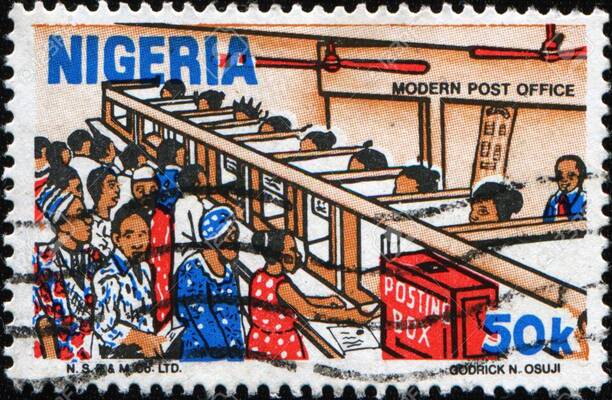By Bababunmi Agbebi
Edited by Ezennia Uche
In today’s fast-paced digital world, the art of communication has transformed dramatically, from handwritten letters sealed with care to instant messages that cross continents in seconds. Yet, as we celebrate the remarkable advances in technology, it is worth pausing to reflect on the systems that laid the foundation for global connectivity and what their evolution can teach us about adaptability, innovation, and relevance in modern Nigeria.
A Legacy of Connection
The postal system has long been one of humanity’s greatest tools for connection. For centuries, it served as the lifeline of communication, a trusted means through which ideas, information, and emotions were exchanged across vast distances. The establishment of the Universal Postal Union (UPU) in 1874 marked a turning point in global cooperation, enabling countries to build an interconnected system that transcended borders.
By 1969, at the UPU Congress in Tokyo, World Post Day was officially declared, a symbolic reminder of the enduring role of postal services in global development.
The Nigerian Experience
In Nigeria, the postal service was once a cornerstone of communication and commerce. From post offices that bustled with handwritten letters and money orders, to the early days of stamp collections and postmasters who were respected figures in their communities. NIPOST was an essential part of daily life.
However, like many public institutions, the postal service faced significant challenges in keeping pace with technological change. The rapid rise of mobile phones, emails, and instant messaging, followed by the boom of private logistics and courier companies reshaped how Nigerians communicate and conduct business. Today, sending a letter feels almost nostalgic, while clicking “send” or ordering a delivery online is second nature.

Yet, the story of the postal service should not be viewed as one of decline, but as a powerful reminder of the need for adaptation. Around the world, postal systems are reinventing themselves, diversifying into e-commerce logistics, financial inclusion, and digital identity services. These transitions prove that even the oldest institutions can thrive when they embrace innovation.
For Nigeria, the lesson is clear: relevance in today’s economy requires reinvention. Our institutions, whether public or private must look beyond traditional roles and identify new ways to serve citizens in a digital era. With NIPOST’s nationwide reach, there is untapped potential to transform it into a hub for financial technology, rural digital access, and e-commerce delivery bridging the gap between urban convenience and rural inclusion.
Communication, at its core, is about connection and connection remains as vital today as it was a century ago. While our tools have changed, our need to reach, understand, and engage one another has not. The journey from letter writing to instant messaging mirrors Nigeria’s broader story: one of resilience, transition, and opportunity.
As citizens, we can play our part too by supporting local institutions, exploring their services, and contributing ideas that drive improvement. Perhaps the next time you pass a post office, you might step in and experience a piece of our communication history. You might be surprised at how much it still has to offer.
The evolution of communication is not just a story of technology. It is a story of people, systems, and societies learning to adapt. In the same way that the postal system once revolutionized the world, today’s digital tools are shaping the future of how we connect and do business.
Nigeria stands at a powerful intersection between tradition and innovation. If we can learn from our history and invest in transformation, we can ensure that no institution or citizen is left behind in the march toward progress.








